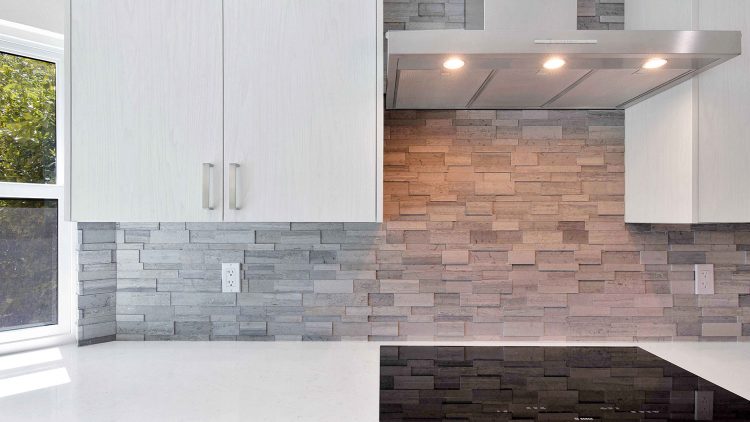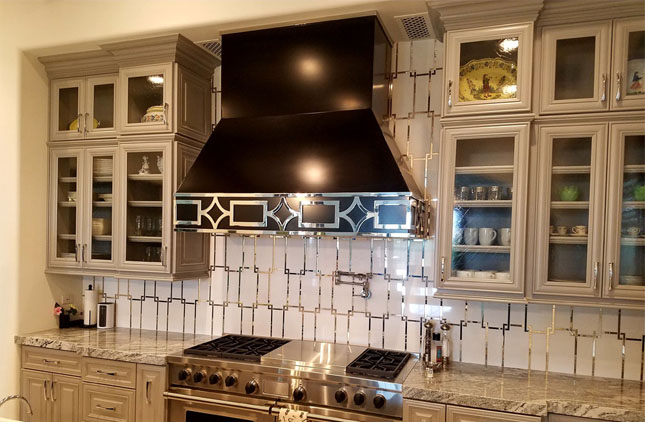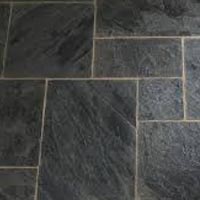Tile Installation Costs 2025
What Tile Installation Typically Costs in Phoenix (2025 Edition)
In Phoenix, for a mid-grade ceramic tile (material + labor), a common benchmark is about $6.94 per square foot. ProMatcher
For the state as a whole, ProMatcher reports about $7.17 per sq ft (range $6.30–$8.03) including material + labor for a “middle of the road” tile job. ProMatcher
If you step up to premium materials (porcelain, natural stone, large formats, mosaics) or tougher layouts, national guides suggest costs from $10 to $50 (or more) per sq ft installed. HomeGuide+2HomeGuide+2
Also, local tile pros sometimes quote installation rates (not including tile) between $10 and $40 per sq ft — so if your tile is premium, your total might lean toward the upper side. Thumbtack
Another local source, Bare Floors in Arizona, estimates that ceramic tile installation (all in) might run $6.50 to $10.20 per sq ft, with porcelain bumping up to $9.70 to $18.40 per sq ft. Bare Floors
What Raises or Lowers Your Price
Here are the big levers you can pull:
-
Tile quality & type: Basic ceramic is your budget hero. Porcelain, stone, glass, or decorative mosaics add cost.
-
Tile size & pattern: Large format tiles, diagonal layouts, or complex patterns require more cuts, time, and skill.
-
Subfloor condition & prep: If your subfloor needs leveling, repair, or moisture mitigation, expect adders.
-
Removal of old floor: If you have to tear out old tile or flooring, that’s typically $2–$5 or more per sq ft extra.
-
Grout, sealer, trim & transitions: Those finishing touches (and cleanup) are often overlooked but do get added.
-
Labor rates & contractor markup: In busy seasons or with top contractors, labor can stretch your costs.
Sample Scenarios for Phoenix Tile Jobs
-
A modest 100 sq ft floor with mid-grade ceramic, straight pattern, sound subfloor → ~ $700 to $1,200
-
200 sq ft with better porcelain or a pattern like a diagonal layout → ~ $2,000 to $4,000+
-
A premium job (stone, mosaics, full demo & prep) of 150 sq ft → $2,500 to $6,000+
These are ballpark ranges: your quote could differ depending on your exact specs, tile brand, room layout, waste, etc.
Tips from a Friendly Remodeler
-
Get at least 3 detailed written quotes — insist they break out “material + labor + extras” so you compare apples to apples.
-
Supply your own tile (if you want control) — sometimes that lets you save or choose more flexibly.
-
Stick to simple patterns unless you love paying for extra labor.
-
Check subfloor early — discover hidden problems before install begins.
-
Order 10–15% extra tile for cuts, waste, breakage, color matching.
-
Ask about warranties, cleanup, and maintenance — sealing, grout choosing, and cleanup often sneak in afterward if not included.
In Summary
For a typical Phoenix tile job in 2025, you’ll often see quotes in the $6.50 to $10+ per square foot range for ceramic, maybe more for upscale materials or complex layouts. If you’re doing a solid midrange job, budgeting around $8–12 per sq ft gives you breathing room for extras.
Want me to build you a Phoenix tile cost estimator widget (with sliders for tile type, room size, layout complexity) to add to mkremodeling.com? Happy to whip that up next.
GET A TILE INSTALLATION QUOTE IN MESA HERE!
[/vc_column_text]
Are you thinking about installing tile in Mesa, Arizona? MK Remodeling offers professional and affordable remodeling services including kitchen remodeling and bathroom remodeling in many areas of the Phoenix, Arizona area.





